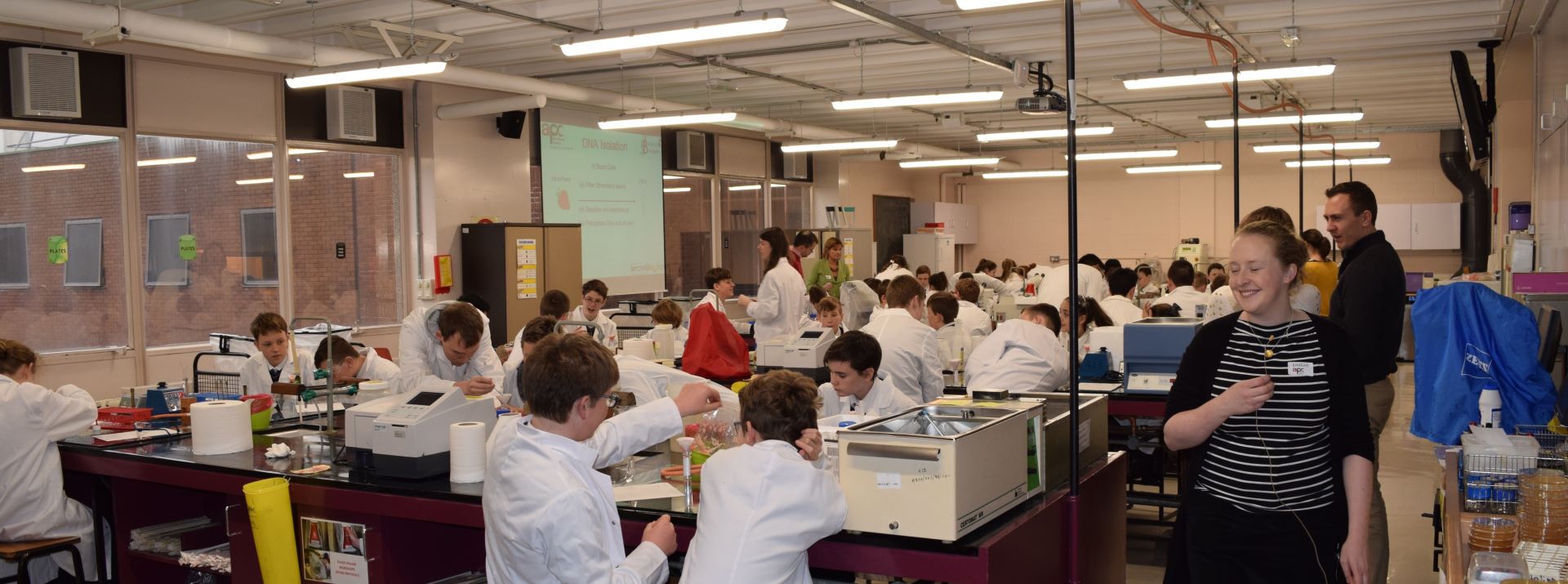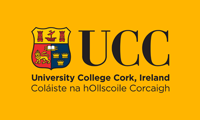- UCC Home
- Research Centres, Institutes and Projects
- APC Microbiome Ireland
- Education and Public Engagement
Education and Public Engagement
Education and Public Engagement is an integral part of APC’s strategy. It is informed by research on public perception and understanding of microbiome science and by government policy. The goals of our EPE programme are to foster an awareness and interest in microbiome science among the general public, including schools and young people, and to train APC researchers to effectively communicate their research to non-specialist audiences.
Overview of APC Education and Public Engagement
APC researchers engage with the community through three core programmes: Public Engagement | Education | Engaged Research
-1056x594.png)
All APC staff play an active role in sharing our excitement about APC research, engaging with patient groups, consumers and young people, in order to encourage future generations to develop an understanding of the science issues that affect society.
Primary & Secondary School Activities and Resources
The APC Education programme allows students to discover, engage with and investigate microbiome science in unique and interesting ways.
The Invisible Made Visible - Science-Art Project
To celebrate the launch of The Invisible Made Visible, APC are delighted to offer free pre-cut jellyfish stencils to primary schools who would like to try the activity with their class. Use the coupon code: uvv5fstk. Limited supply available, only one pack per school.
Alternatively, you can find a free jellyfish template in the Education Pack for Teachers if you would like to make your own stencil.
The Invisible Made Visible explains the scientific process of Covid testing through the creative process of lino-printing and film. Aimed at primary learners, this STEAM-Art project is a creative collaboration between botanical artist Shevaun Doherty and APC principal investigator Dr Cormac Gahan.
This project is supported by Science Foundation Ireland’s Discover Primary Science and Maths programme. You can read more about the project, and others in the series, at https://www.sfi.ie/engagement/art-collaboration/.
Primary School Activities and Resources
- Continuous Professional Development for Primary School Teachers:
- APC contributes to the teacher summer course “Exploring Primary Science” at the Lifetime Lab. This course is approved by the Department of Education.
- Microbe Magic Website
- Suitable for school students, teachers and parents. You will meet characters such as GI Jake, a bifidobacterium, and Luke O’Cyte, a white blood cell, together with educational multimedia games, experiments, quizzes and competitions or have your questions asked by an APC scientist!
- Mind Your Microbes App
- Mind Your Microbes allows you to explore the Gastrointestinal System and Microbiome to learn how age, diet and exercise can influence the diversity of human gut bacteria.
For more information please contact apc.administrator@ucc.ie
Budding Biologists - Transition Year Programme
Budding Biologists is APC’s programme for secondary schools. It aims to promote an understanding and appreciation of science in young people and to highlight career opportunities in science.
Budding Biologists 2026
Unfortunately we won't be running this programme in 2026 due to resource constraints
Further information
For all schools’ activities please contact apc.administrator@ucc.ie
Public Activities and Resources
The aim of the APC’s Public Engagement Programme is to engage the wider scientific community and stimulate public interest in, and understanding of, science in society, with particular emphasis on micobiome health.
Listen to your Microbes by Fergus Shanahan and Laura Gowers is a graphic story of the human gut microbiome, told from the perspective of the microbes.
In partnership with Adult Continuing Education, UCC we will be delivering a new, short course 'Gut Instincts: Unlocking the Secrets of the Microbiome' starting January 2025.
Dates: 30 January - 20 March 2025
Time: 7pm-9pm
Venue: Western Gateway Building, room G13, UCC
Fee: €250
Closing date for registrations: 20 January 2025
For more information and to book your spot: Gut Health | Short Course | University College Cork
World Microbiome Day
APC initiated the first ever World Microbiome Day in 2018. The theme for World Microbiome Day 2024 is "Feed your Microbes". We have a number of great in-persona and online events planned.
For full details see http://www.worldmicrobiomeday.com
Useful Resources and Leaflets
Further Info
For further information on APC’s Education & Public Engagement programme please contact:
apc.administrator@ucc.ie

-1056x594.png)


